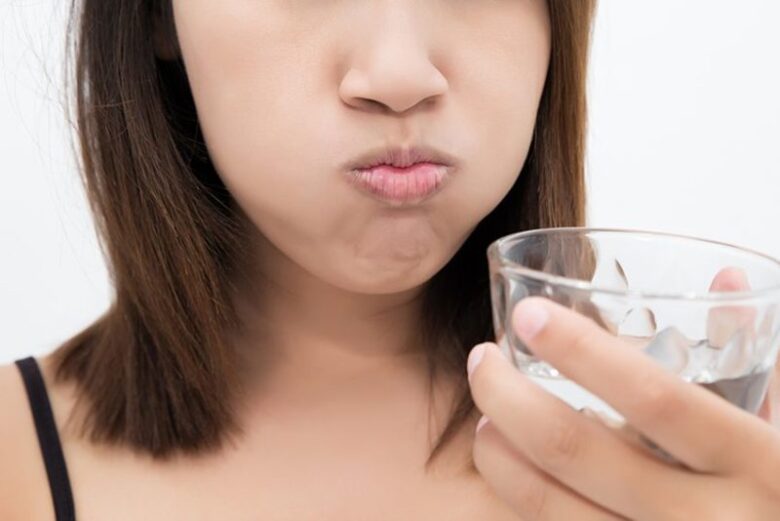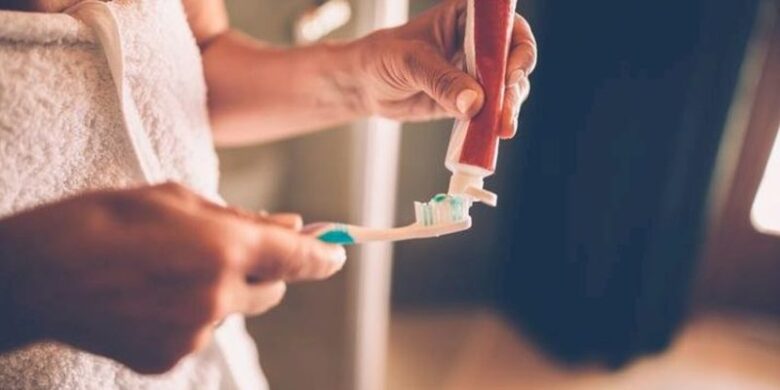After you brush your teeth, do you spit out the toothpaste or do you rinse your mouth out with water? Is one better than the other? What does the evidence say in terms of reducing your risk of getting dental decay and retaining a confident smile?
Usually, this is a habit that we are taught by our parents, and it sticks for life. We are either a spitter or a rinser. It’s not helped sometimes by the big dental companies promoting the latest mouthwash, which they claim can improve the effectiveness of brushing and to be used either before or after brushing. Confusing, to say the least.

But the best way to look at this is to look at the evidence. A paper(1) was published as long ago was 1992 on this subject and did a 3 year trial of over 3000 people with an average age of 12.5 years, and found that those who did not rinse their mouth afterwards had a significant reduction in decay rates compared to those who did rinse. Effectively this is saying that if you don’t rinse your mouth out after brushing and simply spit out excess toothpaste you will get less decay. The trial also found that those people brushing twice a day as opposed to once a day also had a significant reduction in decay rates.
According to Doctor Alistair Graham, the findings from this trial have been backed up by further studies (2,3,4), and so now we can say with some confidence that simply spitting out the toothpaste rather than rinsing will reduce your risk of dental decay.

So, in answer to the original question – which should we be doing? After brushing our teeth, simply spit out the toothpaste rather than rinsing with either water or expensive mouthwash and you will be reducing your risk of getting dental decay. A very simple change in our daily routine that will give a big reward!
References
1. Chesters, Huntington, Burchell, Stephen. Effect of oral care habits on caries in adolescents. Caries Res 1992;26:299-304.
2. Pitts N , Duckworth R M , Marsh P , Mutti B , Parnell C , Zero D . Post-brushing rinsing for the control of dental caries: exploration of the available evidence we should give our patients. Br Dent J 2012; 212: 315–320.
3. Ashley P J , Attrill D C , Ellwood R P , Worthington H V , Davies R M .Toothbrushing habits and caries experience. Caries Res 1999; 33: 401–402.
4. Department of Health. Delivering better oral health: an evidence-based toolkit for prevention, 2nd ed. BASCD/Department of Health, 2009.


